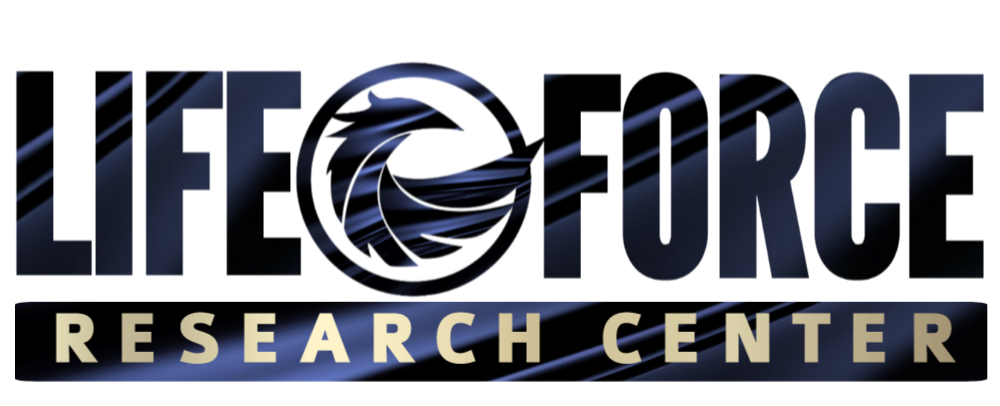Nadini Oliveira Martins 1, Isabella Modelli de Brito 2, Sandra Syomara O Araújo 2, Giuseppina Negri 3, Elisaldo de Araújo Carlini 3, Fúlvio Rieli Mendes 4
BMC Complement Altern Med
Published online 2018 Jun 5
Abstract
Background: Trichilia catigua A. Juss. (Meliaceae) is a species known as catuaba and used in folk medicine for the treatment of fatigue, stress, impotence and memory deficit. The main phytochemical compounds identified in the barks of T. catigua are flavalignans, flavan-3-ols and flavonoids which are associated with its antioxidant activity. Pre-clinical studies with T. catigua extracts have identified many pharmacological properties, such as anti-inflammatory, antidepressant, antinociceptive, pro-memory and neuroprotective against ischemia and oxidative stress. This study was designed in order to compare the chemical composition and in vitro antioxidant and anticholinesterase activity of four different polarity extracts and selected the one most active for in vivo studies in rodent models of stress, fatigue and memory.
Methods: Hexane, chloroform, hydroalcoholic and aqueous extracts from bark of Trichilia catigua were analyzed by RPHPLC-DAD-ESI-MS/MS. Antioxidant activity was assessed by 2,2-diphenyl-1-picryl hydrazyl (DPPH) assay and acetylcholinesterase inhibition by Ellman’s modified method. In vivo studies (stress, fatigue and memory) were carried out with adult male mice and rats treated with hydroalcoholic extract in doses of 25-300 mg/kg (p.o.).
Results: We confirmed the presence of cinchonain IIa, Ia and Ib, as main constituents in the four extracts, while procyanidins were detected only in hydroalcoholic extract. Antioxidant and anticholinesterase activity were observed for all extracts, with most potent activity found on the hydroalcoholic extract (EC50 = 43 μg/mL and IC50 = 142 μg/mL for DPPH scavenger and acetylcholinesterase inhibition, respectively). The treatment of laboratory animals with hydroalcoholic extract did not protect rats from cold immobilization stress and did not prevent the scopolamine-induced amnesia in mice. However, the treatment of mice with the hydroalcoholic extract partially reduced the fatigue induced by treadmill, since the highest dose increased the spontaneous locomotor activity and reduced the deficit on grip strength after the forced exercise (p < 0.05), in some observation times.
Conclusions: These data suggest the hydroalcoholic extract as the most suitable for plant extraction and partially support the folk use of T. catigua as antifatigue drug. . Trichilia catigua hydroalcoholic extract exhibits antioxidant and anticholinesterase activity in vitro and reduces the fatigue induced by forced exercise.
Keywords: Acetylcholinesterase inhibition; Adaptogen; Antifatigue; Antioxidant; Cinchonains; Phenylpropanoids; Procyanidins; Trichilia catigua.
References:
https://www.mdpi.com/2673-9623/2/1/1/htm

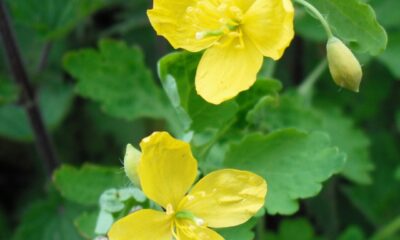
 Alternative Health2 years ago
Alternative Health2 years ago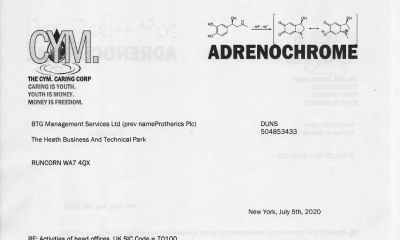
 Life Force Network2 years ago
Life Force Network2 years ago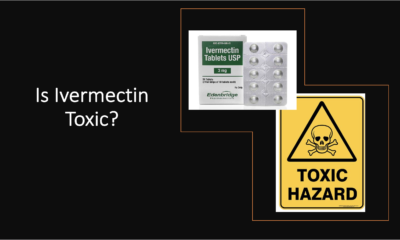
 Alternative Health1 year ago
Alternative Health1 year ago
 Life Force Network2 years ago
Life Force Network2 years ago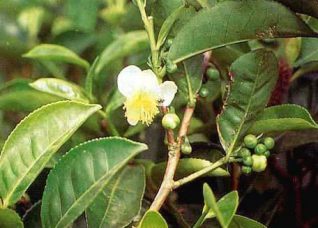
 Alternative Health2 years ago
Alternative Health2 years ago
 Military2 years ago
Military2 years ago